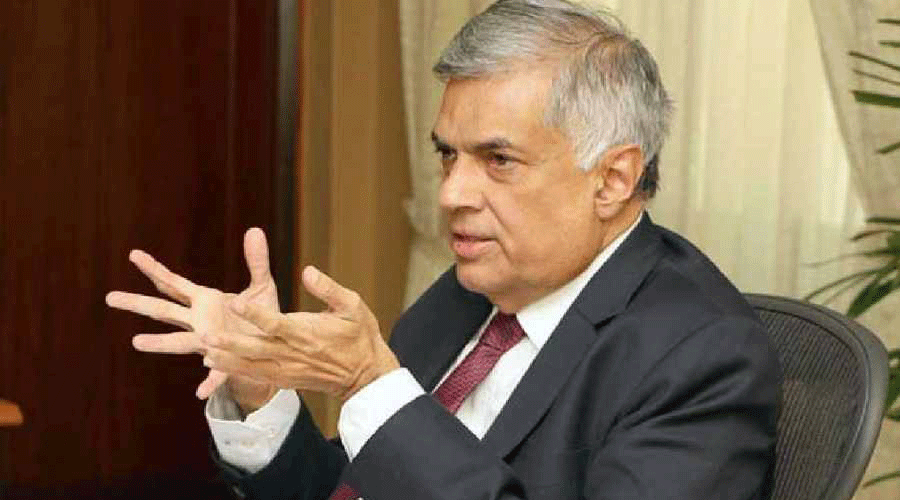Ranil Wickremesinghe was elected President of Sri Lanka on Wednesday by MPs in Parliament, replacing Gotabaya Rajapaksa, who was pushed out of office last week by protesters who blamed him for the country’s economic collapse. “My life is this parliament, so I’m grateful that Parliament has bestowed upon me this honour,” Wickremesinghe said after the vote was announced. He added, “The country is in a dire state.”
In the scenic Galle Face area, where protesters have maintained a camp for more than 100 days, hundreds of people watched the votes being counted in parliament on a large screen from the steps of the President’s office. As Wickremesinghe was declared the winner, the mood quickly deflated. “Ranil is a thief, and he will not be acceptable,” said Sakshila Silva, who was among the protesters. “The protest will continue.”
Elected with an overwhelming majority of 134 out of 219 valid votes, Wickremesinghe will take over a country in crisis. Once a vibrant economy with a solid middle class, Sri Lanka, an island nation of 22 million people, has been decimated. Government mismanagement and poor policy decisions, compounded by the loss of vital tourism revenue during the pandemic and rising global prices, have essentially bankrupted the country.
People spend days in line to buy fuel, while store shelves have been emptied of food and essential medicine. As the situation has grown more dire in recent months, Sri Lankans had been calling for Rajapaksa, whose family had dominated politics in the country for nearly two decades, to resign. On July 9, demonstrations reached a boiling point, when protesters took over the presidential mansion.
The President fled with his wife to the Maldives and then to Singapore, where he submitted his resignation by email. Wickremesinghe, who had been the Prime Minister, took over the reins. Considered an ally of the Rajapaksa political dynasty, he has little support from a mass protest movement that is calling for change. On his first day as acting President, Wickremesinghe immediately declared a state of emergency, warning of “fascist” elements in the largely peaceful moment. During the protests, Wickremesinghe’s personal residence was burned down, and protesters occupied his office. At the sprawling oceanside tent camp that has served as the protesters’ organisation hub, signs that read, “Gota, go” — referring to the former President — were quickly amended to say, “Ranil, go”.
An effigy of him was burned. As lawmakers cast their vote on Wednesday, soldiers, heavily armoured vehicles and navy vessels guarded Sri Lanka’s lakeside parliament building. “The aragalaya will not accept it because they believe that he’s representative of a decrepit political class there to save the Rajapaksas,” Paikiasothy Saravanamuttu, the director of the Centre for Policy Alternatives in Colombo, said of the election outcome, using the Sinhala word for “struggle.” Wickremesinghe was considered the front-runner in the election until late Tuesday, when the ruling party of the former President, which controls two-thirds of parliament, split into two camps. A breakaway faction supported Wickremesinghe’s chief opponent, Dullas Alahapperuma, a former journalist who recently served as the information minister in the Rajapaksa government.
The other camp supported Wickremesinghe. All those present in the 225-member parliament voted in a secret ballot to elect Wickremesinghe, who will finish Rajapaksa’s term, which ends in 2024. In parliament, three members of the Rajapaksa family made their first public appearance on Wednesday since the President fled. Mahinda Rajapaksa, the older brother and family patriarch who was ousted as Prime Minister in May by protests and formerly served as President, as well as the MPs Chamal Rajapaksa and Namal Rajapaksa all voted. Hike taxes: Bank chief Wickremesinghe will have to deal with daunting political challenges and his reforms should include tax rises to stabilise a devastated economy, the central bank governor told the Financial Times on Wednesday.
(New York Times News Service)











